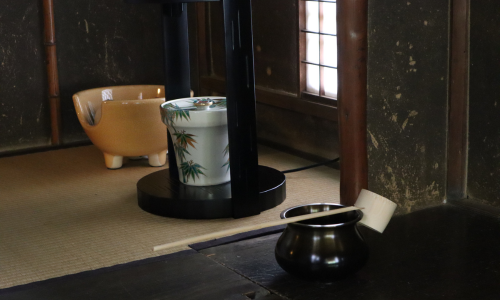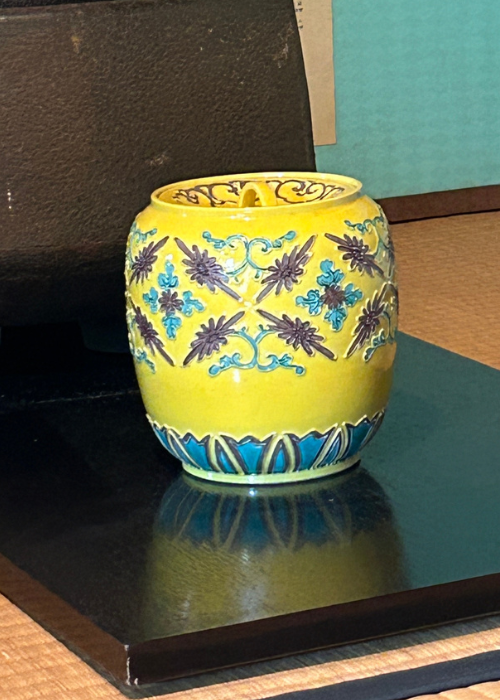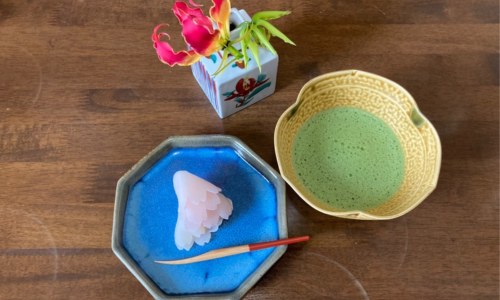Philosophy

The philosophy of tea ceremony is summarized in two concepts: ichigo ichie and wabi-sabi.
Ichigo ichie is the idea that each encounter is unique and irreplaceable. In tea ceremony, it is important for the host and guests to share this one-time moment and connect their hearts through tea.
Wabi-sabi is the idea of finding beauty in imperfection and emptiness. In tea ceremony, the beauty of wabi-sabi is expressed through the use of natural materials and simple utensils.
These concepts are not only relevant to tea ceremony, but also have universal value in our everyday lives.
History

The history of tea ceremony in Japan can be traced back to the Kamakura period, when Eisai, a Zen monk, brought tea from China. Eisai believed that drinking tea could lead to enlightenment, and he introduced the cultivation and preparation of tea to Japan.
In the Muromachi period, tea became a popular pastime among samurai and nobles. Tea gatherings at this time were held in lavish halls, and were a competition to see who could serve the best tea and matcha.
In the late 15th century, a monk named Murata Shukō introduced spirituality to tea ceremony. Shukō used simple tea rooms and tea utensils to make tea gatherings more refined and elegant. This form of tea ceremony was further developed by Sen no Rikyū.
Sen no Rikyū was a tea master who was deeply committed to the design and construction of tea rooms and tea utensils. He laid the foundation for modern tea ceremony. Rikyū’s tea ceremony emphasized the importance of savoring the true taste and fragrance of tea using simple and rustic utensils.
In the Edo period, tea ceremony spread to the merchant class. During this time, many tea schools were founded, and each school developed its own unique style of tea ceremony.
In the Meiji period, tea ceremony was introduced to the West, and it spread around the world.
The main components of Matcha and their effects

The main components of matcha and their effects are as follows:
Catechins: Have antioxidant effects, which are effective in preventing aging and lifestyle diseases. They also have the effect of suppressing the absorption of body fat.
Theanine: Has a relaxing effect, which is effective in reducing stress and improving sleep.
Caffeine: Has a wake-up effect, which is effective in relieving fatigue and improving concentration.
Vitamin C: Has antioxidant effects, which are effective in preventing colds and boosting immunity.
Vitamin E: Has antioxidant effects, which are effective in preventing aging and arteriosclerosis.
Dietary fiber: Effective in relieving constipation and improving intestinal environment.
Matcha contains these ingredients in a balanced manner, so it can be expected to have a variety of health benefits.